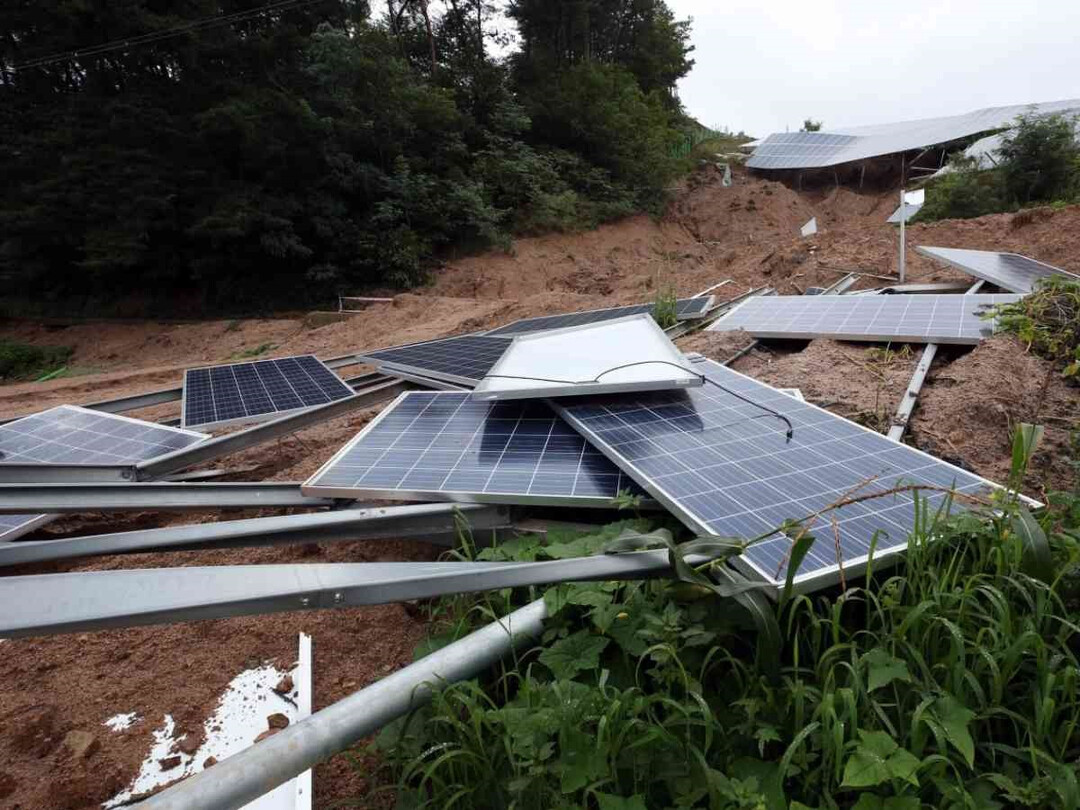
Jinju, South Korea – The Korea Ceramic Technology Institute (KICET) has announced a groundbreaking breakthrough in the recycling of solar panels. The institute's research team, led by Dr. Kim Soo-min, Dr. Choi Moon-hee, and Dr. Shin Hyo-soon, has successfully developed a new process that not only recycles silicon from discarded solar panels but also produces clean hydrogen gas.
The team has developed a novel method to separate silicon from the solar panel, enabling the mass production of hydrogen. This innovative approach addresses the pressing issue of solar panel waste, which is expected to increase significantly as older panels reach the end of their lifespan.
"Our research team has developed a new method to extract silicon from discarded solar panels in a way that is both environmentally friendly and safe for human health," said Dr. Kim Soo-min. "By separating the silicon from the panel and using it to produce hydrogen, we have created a sustainable solution for solar panel waste."
Unlike traditional methods that involve layer-by-layer removal of components, the new process involves cutting the solar panel into a sandwich-like structure and extracting the silicon using an alkaline solution. This method significantly reduces environmental pollution caused by the release of fumes and wastewater during the recycling process.
The researchers also discovered that the reaction between the alkaline solution and silicon produces hydrogen gas. This finding has opened up new possibilities for the production of clean hydrogen, a key component of a hydrogen-based economy.
"The ability to recycle discarded silicon solar panels and produce clean hydrogen is a significant breakthrough," said Dr. Kim. "By collaborating with other domestic researchers in the field of fuel cells, we can expand this technology to include the transportation and storage of hydrogen, making Korea a global leader in hydrogen fuel cell technology."
The technology has been patented under the title "Apparatus and Method for Treating Waste Solar Cells" in October 2024.
This groundbreaking research offers a sustainable solution to the growing problem of solar panel waste and has the potential to revolutionize the renewable energy industry.
[Copyright (c) Global Economic Times. All Rights Reserved.]





























